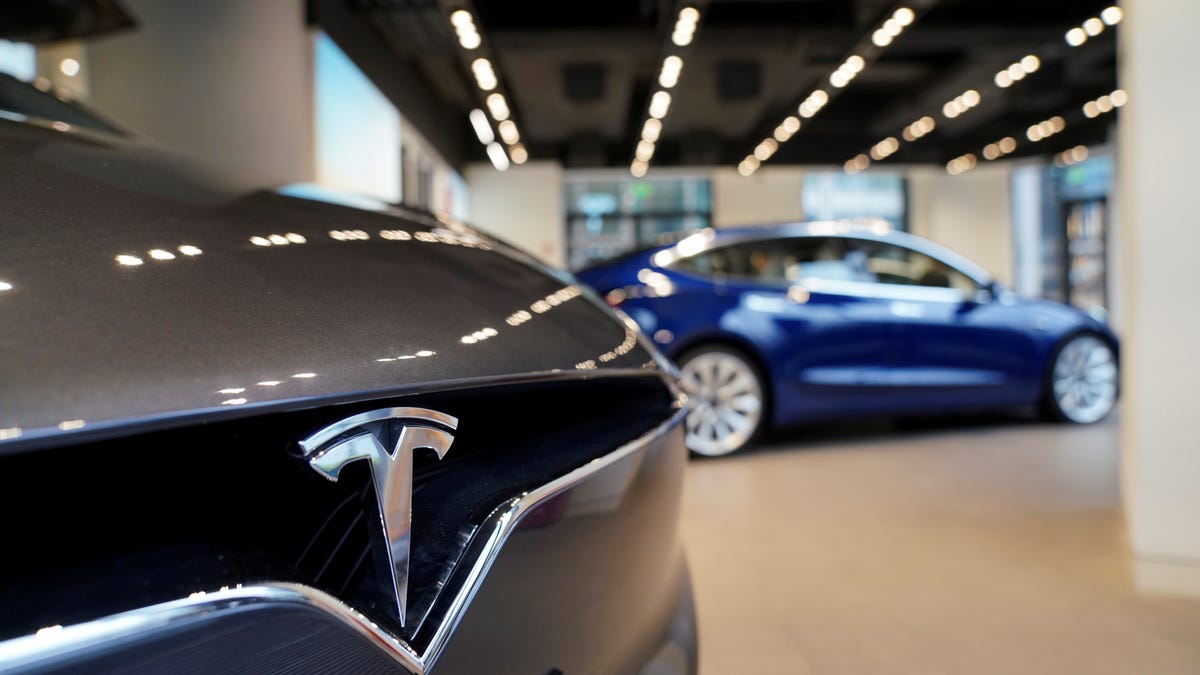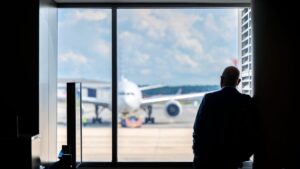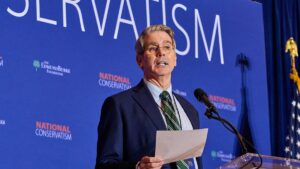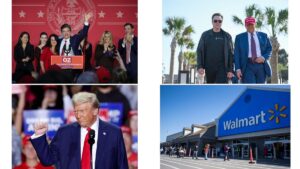
A survey of 30 automotive brands shows Tesla cars clocked in the worst accident rate in the US this year, with 24 accidents per 1,000 drivers. The only other brands with more than 20 accidents per 1,000 drivers were Ram and Subaru.
The survey, conducted by online lender LendingTree, used insurance data to analyze the probability of risks in four categories: accidents, driving under the influence of alcohol (DUIs), speeding, and citations. (The citations category includes violations for recklessness, improper lane usage, lack of insurance, or lack of indicator or brake lights.)
Across all categories, “Tesla had the second-worst drivers in the country, with 31.13 driving incidents per 1,000 drivers,” versus 32.9 incidents per 1,000 drivers of Ram vehicles, the report concluded. Subaru (30.09), Volkswagen (27.92) and Mazda (27.74) rounded out the top 5 for driving incidents overall. Mercury drivers had the lowest incident rate of the brands studied.
Accidents, DUIs
While the report gives little explanation on why Tesla drivers are prone to accidents, it notes that “certain types of vehicles attract riskier drivers than others.” Crash statistics data show that speeding, impairment, and distracted driving are among the leading causes of car crashes.
BMW drivers had the highest DUI rate by a wide margin: 3.13 DUIs per 1,000 drivers which is nearly twice the rate of DUIs among Ram drivers (1.72). Mitsubishi (0.89) and Volvo (0.92) had the lowest DUI rates.
Tesla has had low ratings on the road
The study comes after a previous study by J.D. Power indicated that Tesla owners give their vehicles low scores for long-term dependability, due to glitches.
Earlier this year, the US National Highway Traffic Safety Administration (NHTSA) started investigating Tesla’s 2023 model Y SUV after owners raised issues with its steering wheel. In two reported incidents, the wheels detached while the vehicle was being driven; the agency said the issue could have affected as many as 120,000 vehicles in the US.
Tesla EVs come with an advanced driver assistance system (ADAS) called Autopilot. Customers also can purchase extensive driver assistance packages in the form of Enhanced Autopilot and Full Self-Driving (or FSD) options in the US.
However, NHTSA has raised safety concerns over the brand’s Autopilot feature, noting that the software’s monitoring and alerts system “may not be sufficient to prevent driver misuse,” while Tesla’s Autosteer feature, which is part of Autopilot and FSD, had safety defects that may present a higher risk of a collision, the agency warned, prompting Tesla to recall over 2 million vehicles from US roads to fix the hitches.





